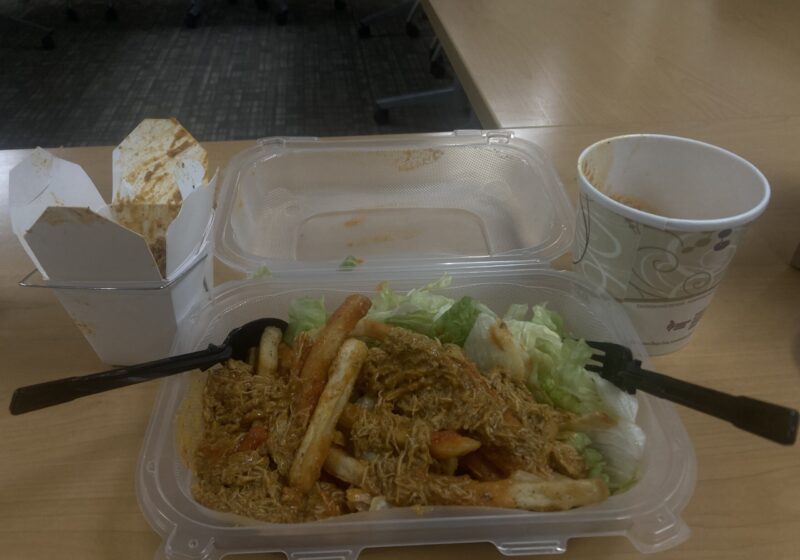The first session of the Conversations on Race series sponsored by the Baha’i Club was held this past Wednesday.
The series is composed of five sessions that deal with topics on race, race relations, the history of racism, and its effects on society.
The program is nationwide and is aimed at creating an open dialogue on the issue of race.
“I like to facilitate dialogues on racial prejudice, it’s very important to me,” junior Haig Setrakian said.
Setrakian was the host of the first session, and helped to organize the series here at UR. He is also a member of the Baha’i faith.
“Baha’i believes the most important issue in America is racism,” Setrakian said.
The series is based on the Campus Conversations on Race Handbook, which outlines the discussions and provides a basis for the meetings.
The Amistad to Boston, an organization that is recreating the Amistad journey and raising awareness about racism, designed the program.
“I’m still in awe of this format. It’s amazing,” Setrakian said.
The first session was not well attended though – only 11 students were present. “There is very little interest on campus. It’s been like pulling teeth,” Setrakian said.
Despite the small attendance the dialogues were still productive and made those present more aware of the racial issues concerning the campus.
“I care about race relations,” Zia Nizin, a student at Eastman said when asked why she attended the discussion.
“I feel I haven’t been educated enough on the issue,” freshman Andrew Schwartz said, commenting on his reason for attending the discussion.
The dialogue started with a discussion on where racism comes from. “I feel that a lot of that [racism] is from slavery,” Nizin said. “I feel that it is still a huge issue.”
The conversation then focused on the cultural groups here at the university. While some thought that the clubs were not open to those of other ethnicities, others believed that they were very open to accepting those of all different backgrounds. Nizin talked about how, at Eastman, ethnic groups will throw parties and only invite members of that ethnicity, thus discriminating against those who are different.
Schwartz, however, disagreed. “I’ve found people to be very exciting and willing to take them in of any race.”
“The problem comes from miscommunications,” Setrakian said referring to the conversation. The cultural interest groups don’t always convey the message that those of different ethnicities are welcome to the meetings, according to Setrakian.
The dialogues concluded with a discussion on the 19th Ward and the issue of racism there. The focus was on the use of the term “ghetto” when describing the 19th Ward. Everyone in the room was in agreement that the term condemned the area. The fact that most UR students avoid the area was of concern. “We can’t close ourselves of from experiences in life [because of racism],” Bejan Bahai said.
The dialogues will continue for the next few weeks and will continue to explore the topics of racism and prejudice.




